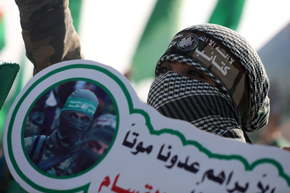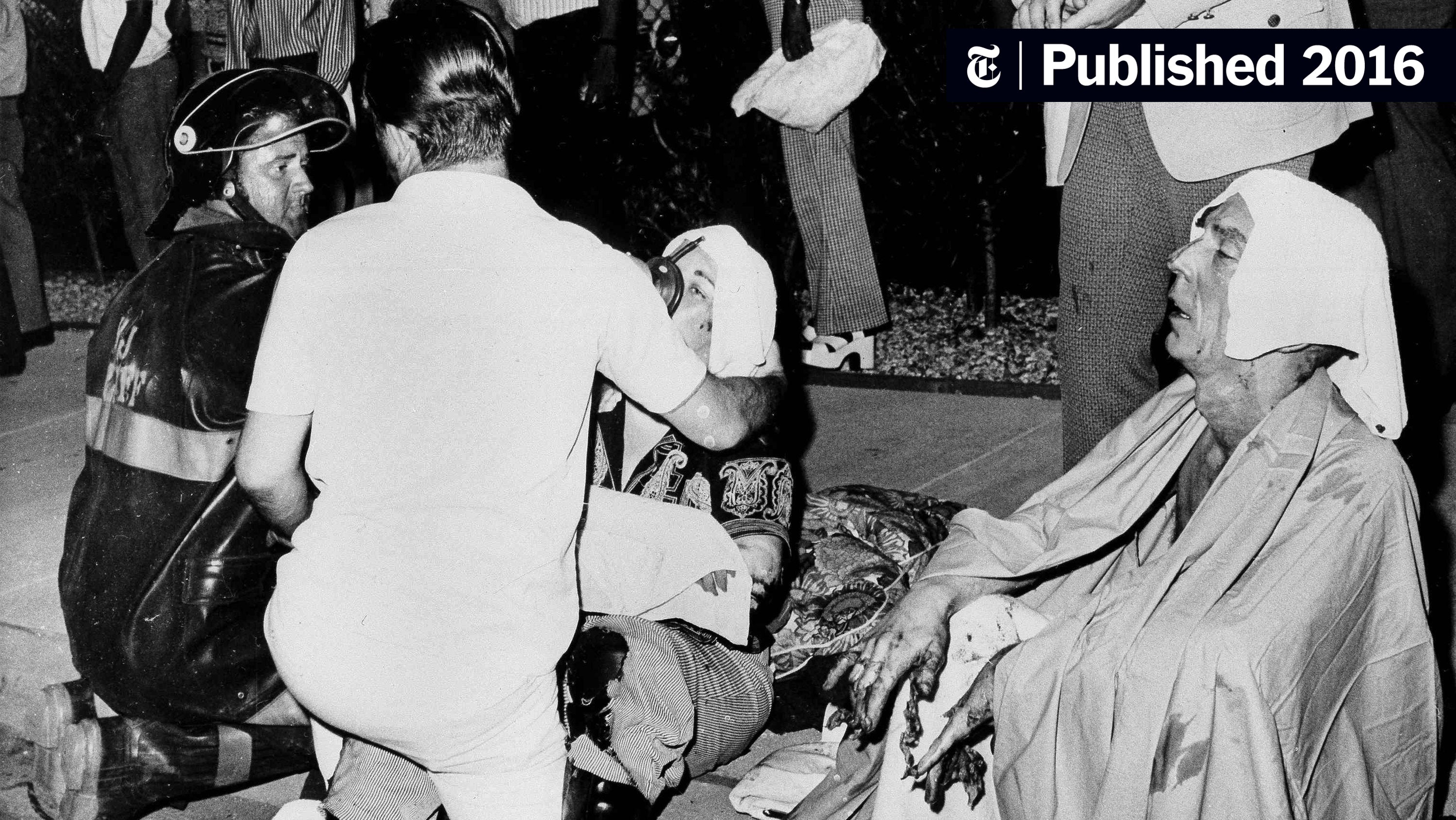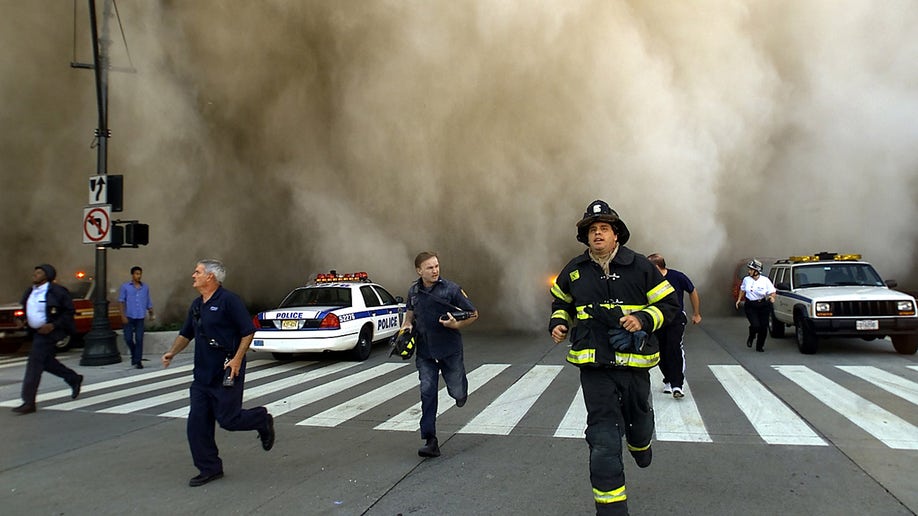


After weeks of efforts, the United States has successfully convinced Qatar to expel the leadership of Hamas from its capital, Doha. This comes after the militant group rejected a proposal for a ceasefire and hostage deal, as well as ongoing pressure from the US to distance itself from the group. The move raises questions about where the expelled Hamas members will go, with Turkey being a potential destination. The US also plans to continue pressuring Qatar to effectively use its influence in negotiations for a ceasefire in the Israel-Hamas conflict.
U.S.-Qatar Agreement on Hamas Leadership Expulsion
Background:
Hamas, a militant Palestinian group, has been using Qatar's capital, Doha, as a base for its leadership since 2012. Over the years, the U.S. has repeatedly pressured Qatar to distance itself from Hamas, which it designated as a terrorist organization in 1997.
Current Developments:
After weeks of diplomatic efforts, the U.S. has successfully convinced Qatar to expel the Hamas leadership from Doha. This decision comes after Hamas rejected a ceasefire proposal and hostage deal brokered by the U.S. and Egypt. The expulsion also reflects Qatar's desire to ease tensions with the U.S. and its Gulf allies, who have accused Doha of supporting terrorism.
Potential Destination:
It is unclear where the expelled Hamas members will go. One potential destination is Turkey, which has been sympathetic to the group in the past. However, Turkey may face pressure from the U.S. and other Western countries to refrain from providing sanctuary to Hamas.
U.S. Pressure on Qatar:
The U.S. is expected to continue pressuring Qatar to use its influence to facilitate a ceasefire in the ongoing conflict between Israel and Hamas. Qatar is believed to have close relations with both Hamas and the Palestinian Authority, and could play a role in mediating a peaceful resolution.
Top 5 FAQs and Answers:
Why did the U.S. pressure Qatar to expel Hamas?
What does the expulsion mean for Hamas?
Where will the expelled Hamas members go?
What is the U.S.'s next step?
Does the expulsion guarantee a ceasefire?

US authorities have identified the driver responsible for the New Orleans attack as US Army veteran Shamsud-Din Jabbar, who was killed in a shootout with police. President Biden has stated that the attack was inspired by the Islamic State group and an IS flag was found in the truck. The identities of the victims, which include a former Princeton University football star, are still being established. Authorities are also investigating a potential connection to the explosion of a Tesla Cybertruck outside the Trump Hotel in Las Vegas. Despite widespread celebrations among Islamic State supporters online, some are urging caution until an official claim of responsibility is made.

A Tesla Cybertruck exploded outside the entrance of the Trump International Hotel in Las Vegas, resulting in the death of one person and several injuries. The Clark County Fire Department responded to the incident and reported that two individuals were taken to the hospital. Authorities are currently working to recover the body and have advised the public to avoid the area.

Bhutan's Prime Minister Tshering Tobgay paid tribute to late Indian PM Manmohan Singh, who passed away last week at the age of 92. Tobgay visited the Indian Embassy in Thimpu and signed the condolence book, thanking Singh for his unwavering support and personal friendship. Singh, who is considered as the architect of Indian economic reform, played a crucial role in the successful launch of the 11th Five Year Plan for Bhutan during his tenure. Despite their political differences, Singh's support and cooperation were instrumental in the plan's swift implementation.

Chinmoy Krishna Das, a Hindu monk and spokesperson for the Bangladesh Sammilit Sanatan Jagran Jote, has been denied bail in a high-profile sedition case by a Bangladesh court. The monk's lawyers plan to appeal to the High Court, highlighting allegations of a false and fabricated case and arguing that Das, suffering from health issues, is being unjustly detained. Previous hearings were hindered by procedural lapses and concerns over security for one of Das' lawyers.

On the first day of 2025, a terrorist attack in New Orleans shook the nation as a pickup truck intentionally plowed into a crowd on Bourbon Street at 3:15 am, killing 15 people and injuring over 30 others. The suspect, identified as Shamsud Din Jabbar, was later killed in a gunfight with police. The FBI is currently investigating potential accomplices and affiliations, and US President Joe Biden has addressed the nation, assuring that all resources are being utilized to keep the American people safe and investigating any possible connections to a separate Tesla Cybertruck explosion in Las Vegas.

In a devastating attack on New Year's Day, a 42-year-old US citizen from Texas, Shamsud-Din Jabbar, drove a pick-up truck into a crowd in New Orleans, killing 15 people and injuring others. The FBI is investigating the attack as an "act of terrorism" after an Islamic State flag was found in the suspect's vehicle. Among the victims is former Princeton University football star, Martin "Tiger" Bech, and investigators are looking into a possible connection to a Tesla Cybertruck explosion outside the Trump Hotel in Las Vegas on the same day.

In a chilling attack on New Year's Day, a US Army veteran drove a pickup truck into a crowd in New Orleans, leaving 15 people dead and around 30 injured. The Federal Bureau of Investigation (FBI) believes the suspect was inspired by the Islamic State group, as he had posted a video on social media expressing his desire to kill and pledging allegiance to ISIS. He was later identified as 42-year-old US citizen Shamsud-Din Jabbar and was shot dead by police. The investigation is ongoing and officials do not believe he acted alone. The attack has also prompted the postponement of the Sugar Bowl, a popular college football game played in New Orleans.

New Orleans New Year’s Celebration Turns Tragic with Deadly Terrorist Attack A New Year's celebration in New Orleans' French Quarter was disturbed by a deadly terrorist attack when an Army veteran drove his pickup truck into a crowd of revelers, leaving 15 dead. According to the FBI, the attack is being investigated as an act of terrorism carried out by an American citizen who was inspired by the Islamic State group. US President Joe Biden has expressed his grief and promised to investigate the incident thoroughly to determine the motives and any potential connections with other attacks.

A U.S. Army veteran named Shamsud-Din Jabbar has been identified as the suspect in the deadly attack on New Year's revelers in New Orleans. According to the FBI, Jabbar was radicalized in recent years and may have been further influenced by the Israel-Hamas war. The attack left 15 dead and over two dozen injured, with an ISIS flag found on the truck used in the attack and potential explosives found nearby. President Biden has confirmed that the suspect was inspired by ISIS and expressed a desire to kill, but also cautioned that the investigation is still ongoing.

In a devastating terrorist attack, ten people were killed and thirty-six were injured when a man deliberately drove his SUV into a crowd in New Orleans' popular French Quarter on New Year's Day. The governor of Louisiana, Jeff Landry, has declared a state of emergency and deployed the National Guard to assist with the investigation and provide support to local law enforcement. Investigators have also discovered an improvised explosive device at the scene, indicating that the attacker may have had accomplices. The search for additional suspects is ongoing.